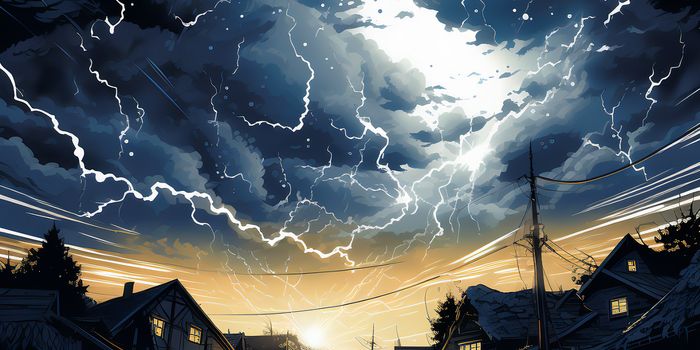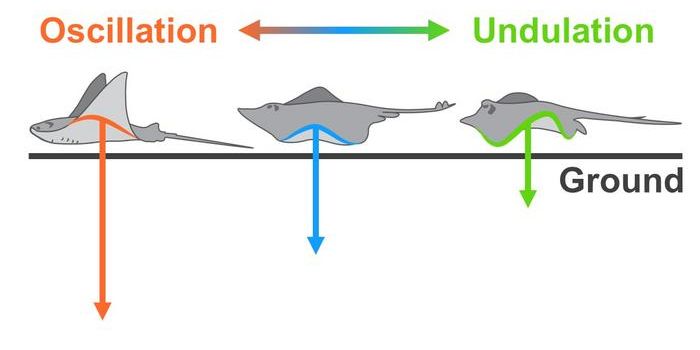Video: Can Brightening Ocean Clouds Reduce Dangerous Hurricanes?
Marine cloud brightening (MCB) is the process of changing the makeup of clouds to help them reflect more sunlight away from the earth, which could help to cool the planet and oceans. Warm ocean water evaporates more quickly, feeding water into major storms and hurricanes. So theoretically, if the oceans were cooler, storms could decrease.
MCB would hypothetically be carried out through introducing new salt water into the atmosphere. Ships would spray a jet of sea water up into the air. According to Phys.org, increasing the salt in the atmosphere increases the amount of water droplets forming in the sky, making denser clouds.
As Popular Science’s video explains, the Twomey Effect states that clouds with a greater number of smaller particles reflect more light, or have a higher “albedo.”
Stephen Salter, an engineering design professor at the University of Edinburgh, is currently studying the prospect of MCB with wind powered, unmanned vessels and he projects it could cost millions or billions. He doesn’t want to get rid of tropical storms altogether but is aiming for about a 3 percent temperature drop to reduce their intensity and frequency. Other concerns with MCB include incorporating proper filtration to avoid circulating ocean pollution into the atmosphere and the risk of interfering with other global weather patterns.
In 2014, teams at the universities of Manchester, Washington and Edinburgh explored MCB and studied the energy-efficiency of various methods. Their paper promoted a method called a “Rayleigh Jet,” which sprays up a fine mist and is named for Lord Rayleigh, who came up with the theoretical design.
"I am not recommending that we use any of these techniques now, but it is important to know how best to use them should they become necessary. Should no progress be made to reduce CO2 levels, then geoengineering techniques, similar to this, might become necessary to avoid dangerous rises in global temperatures,” says Dr. Paul Connolly of The University of Manchester.









